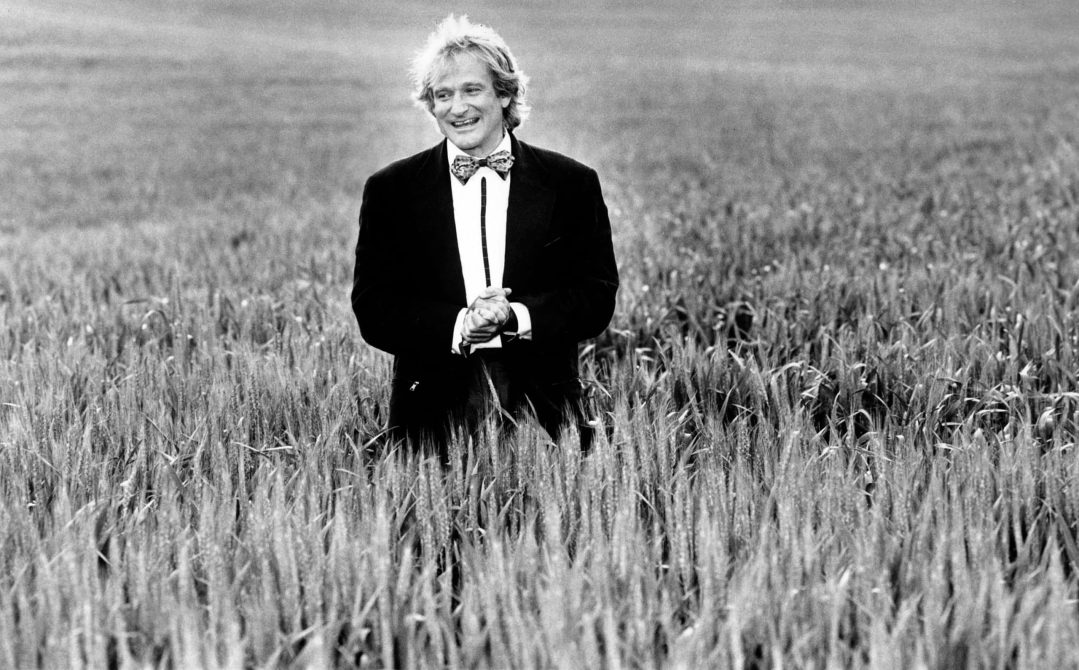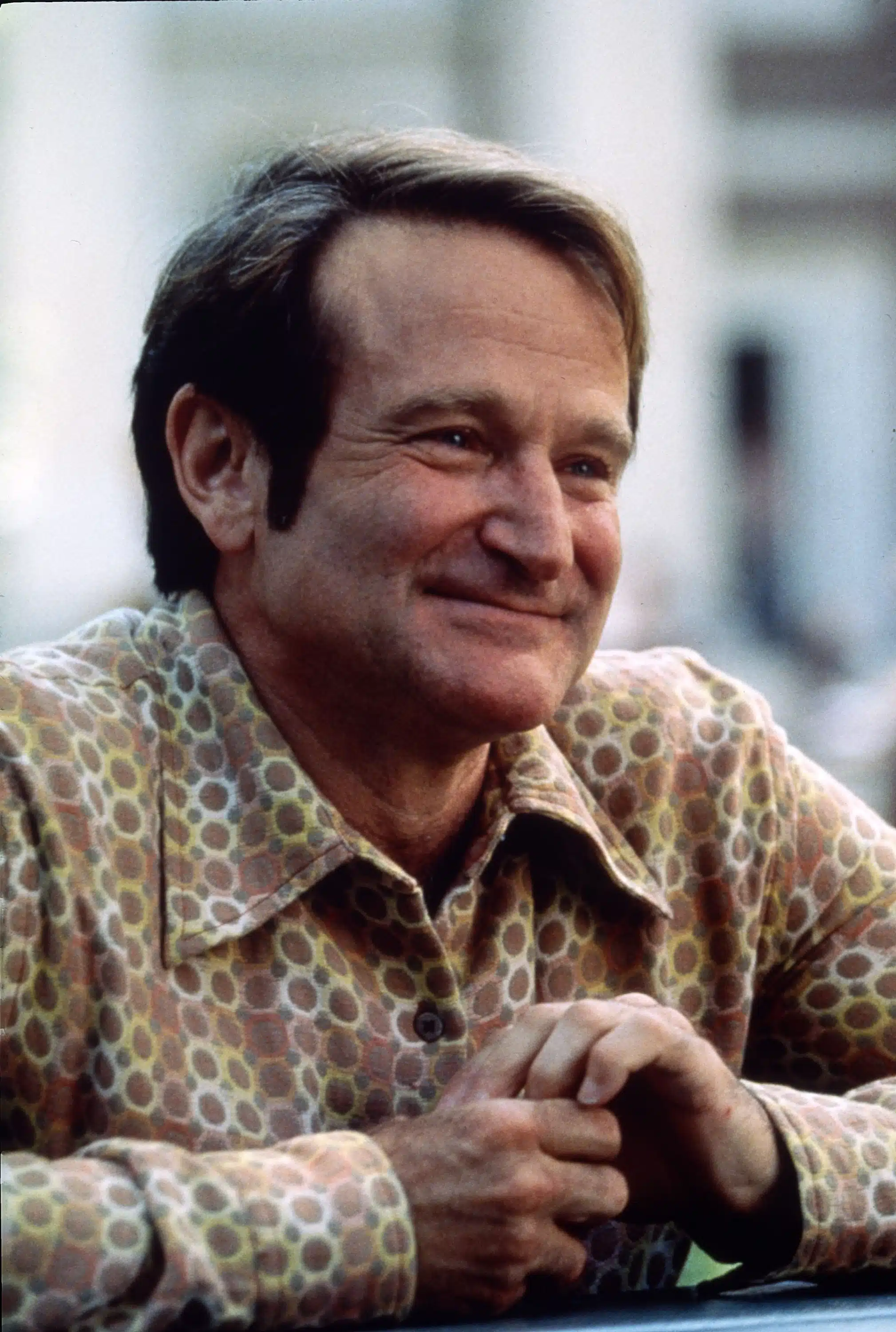
You may have heard the quote, “Everyone you meet is fighting a battle you know nothing about. Be kind. Always,” which is famously attributed to actor and comedian Robin Williams — but did he really say this?
Although there is no evidence he uttered those words, there have been speculations on social media that connect Robin to them, including Google search results and meme quotes. His fans also posted the quote in tribute to him after he was pronounced dead in August 2014.
Did Robin Williams really say “Everyone you meet is fighting a battle you know nothing about?”

Using the X, formerly Twitter, “advanced search” feature will result in posts from users trying to encourage kindness because Robin died by suicide despite looking okay on the outside. “The quote, ‘Be kind. For everyone you meet is fighting a battle you know nothing about’ couldn’t be more true right now,” someone wrote.
RELATED: Robin Williams’ Friends Open Up About His ‘Monster’ Drug Addiction Before Death
Another added, “Everyone you meet is fighting a battle you know nothing about. Wish someone could have helped Robin Williams.”
None of these confirm that the late Good Will Hunting star is the man behind the popular phrase. However, it feels appropriate to his story because he was going through relationship problems, financial challenges, battling drug addiction, and depression, which ultimately led him to take his life.

The quote may have been from a book
Author Darielys Tejera published the book Absolutely Nothing in 2009, and it contained the exact words “fighting a battle you know nothing about.” The passage talks extensively about suicide from the writer’s perspective and asks for less judgment of those who contemplate it. “All I can say is, do not judge someone until you walk a mile in their shoes,” Tejera wrote.

Another article titled “The Other Fellow First,” by author Tom Sileo, also had the line, “fighting a battle that you know nothing about.” It was written in 2013 about a U.S. Army specialist, Douglas Jay Green, who was killed in Afghanistan in 2011. Jay had written a letter to his family with those words, before which — as Tejera’s book says — he asked his family to “never pass judgment or put anger on someone too quickly or harshly.”
